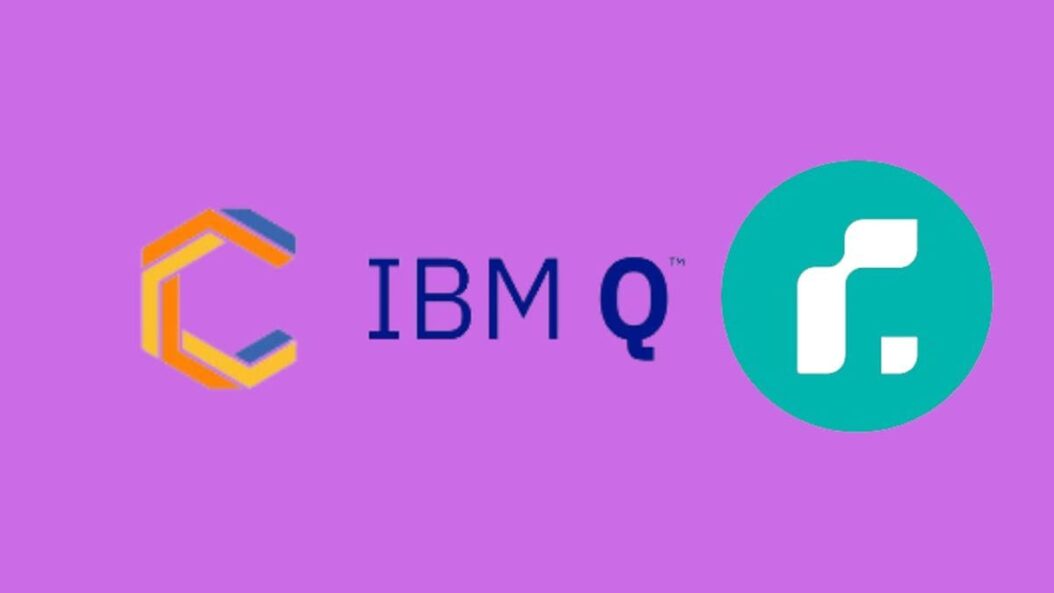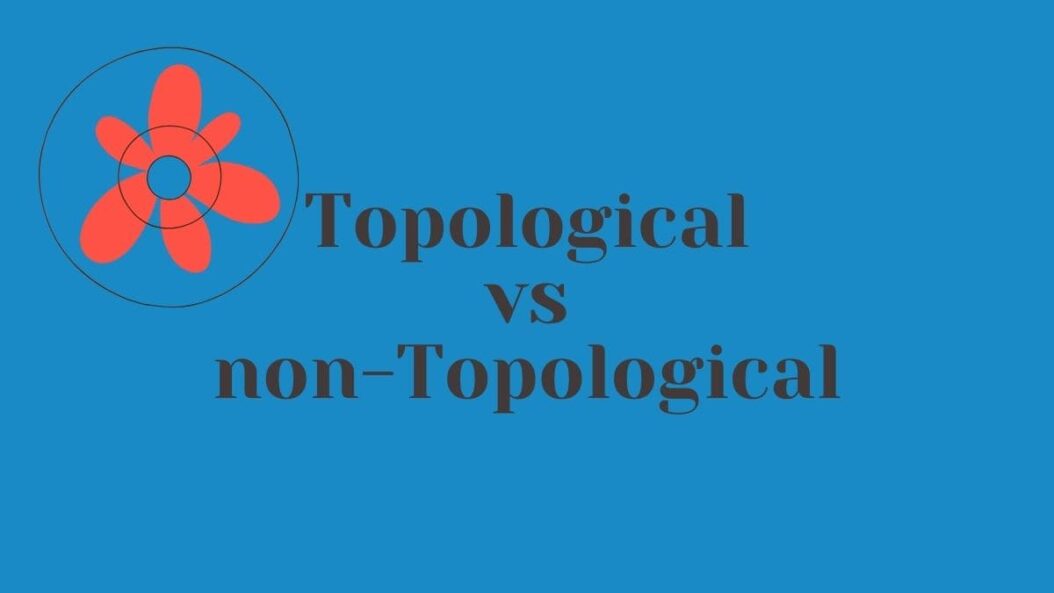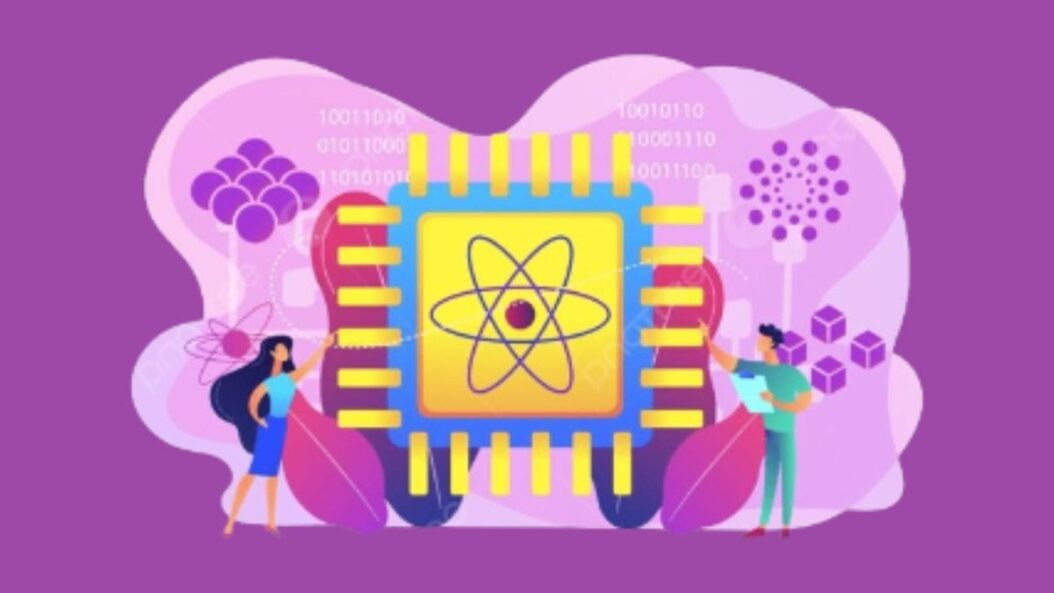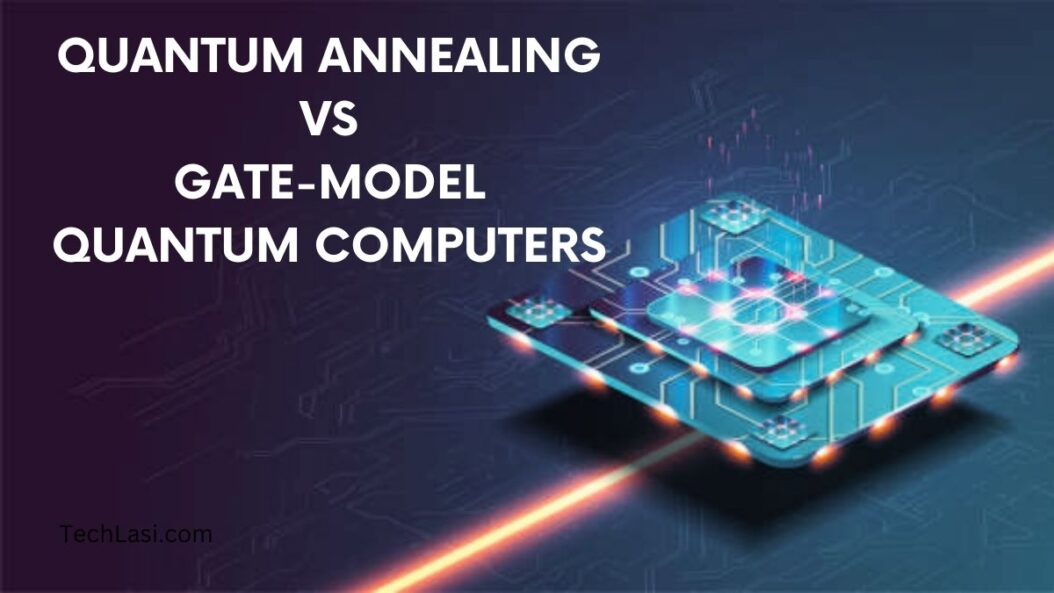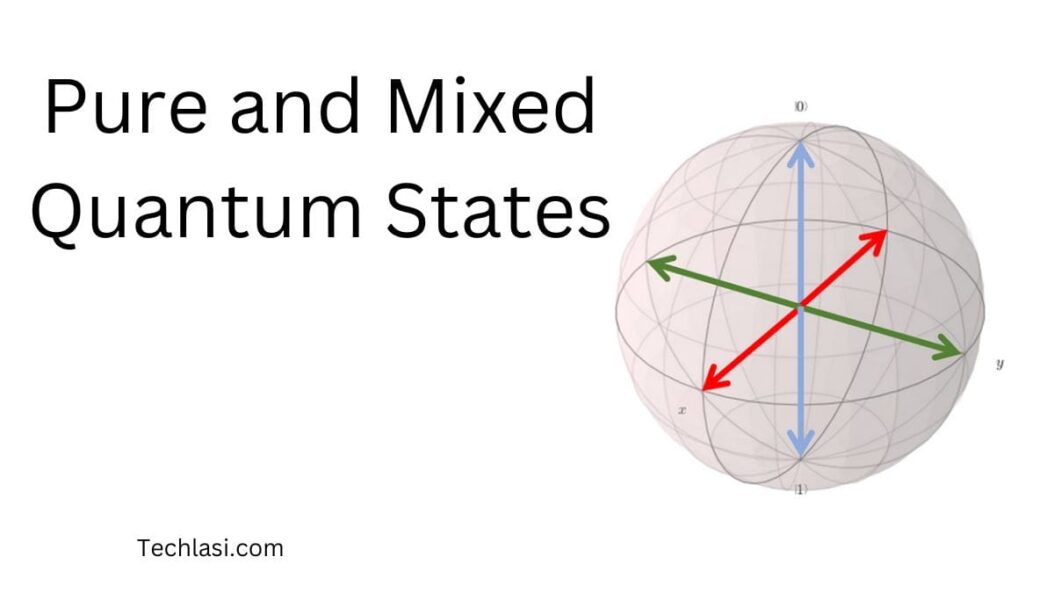Google vs IBM vs Rigetti Quantum Processors: Which One Leads?
Introduction Google, IBM and Rigetti are three of the leading companies at the forefront of developing quantum processors. In this article, we will compare and contrast their different approaches. Overview of quantum computing Quantum computers use qubits (quantum bits) instead of regular bits used in classical computers. Qubits can exist in a superposition of 0 […]
Google vs IBM vs Rigetti Quantum Processors: Which One Leads? Read More »

